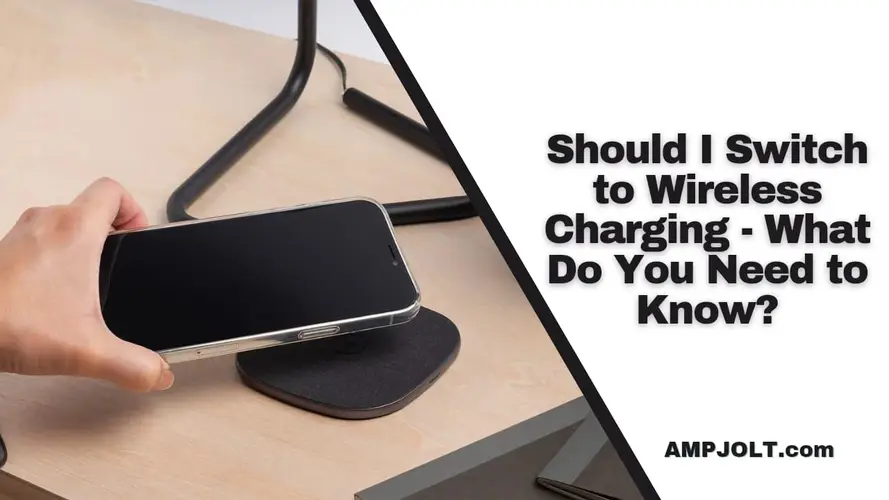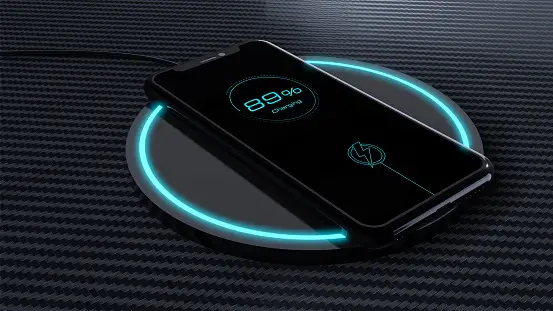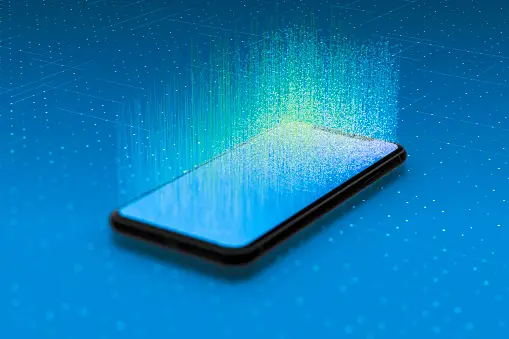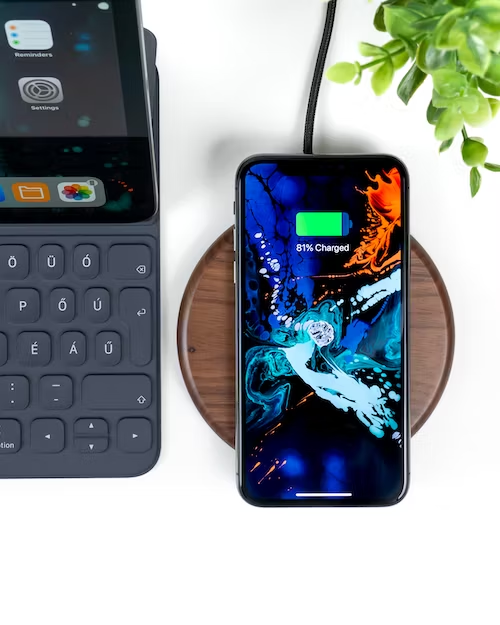How can I join four 12 volt batteries to get 48 v…
April 14, 2018

The world of charging has progressed, and wireless charging is a monument to this technical advancement. The decision to transition from standard wired charging to a wire-free experience prompts reflection. In this investigation, we look into the complexities of wireless charging, debating whether it is only a convenience or a significant advancement in how we fuel our electronics.

Tangled connections, restricted reach, and the never-ending ballet of plugging and unplugging - the typical charging experience is not without its drawbacks. As technology improves, the need for a more streamlined and effective method to charging has prompted the question: Can wireless charging free us from the tangles of cords? This is undoubtedly one of the most talked about advantages of wireless charging.
The realm of wireless charging shows a potential future in which wires are no longer necessary. Qi wireless technology, called after the Chinese phrase for energy flow, simplifies charging by allowing devices to easily draw power from compatible charging stations. The beauty of laying a gadget on a pad and witnessing it spring to life is key to the wireless revolution.

When it comes to the transition to wireless charging, convenience is key. No more looking for power outlets - carefully positioned wireless charging mats in your home and business provide a convenient and effective method to keep your device's battery charged. This convenience goes beyond smartphones to include wearables, earbuds, and a variety of connected devices.

As wireless charging advances, it ushers in a future in which gadgets connect effortlessly with charging surfaces. This vision envisions a world in which devices automatically maintain battery health, improve performance, and interact with charging stations, resulting in a genuinely smart and efficient ecosystem. Some wireless charging systems even provide the simultaneous charging of many devices, stretching the limits of convenience.
Skepticism frequently follows technical advancements, and wireless charging is no exception. There are questions concerning charging speeds and smartphone usefulness while charging. However, developments in wireless charging technology overcome these issues by providing quick charging capabilities while allowing you to continue using your smartphone. Some technologies also support charging via certain materials, removing the need to reveal charging stations.

Beyond convenience, switching to wireless charging has environmental ramifications. The decrease of throwaway charging cords is consistent with the global push to reduce electronic waste, resulting in a more sustainable and environmentally responsible method to powering our gadgets.
Should we swap or not? The decision to accept wireless charging is more than just a question of convenience; it is a reflection of technology advancement and environmental effect. Say goodbye to wired hassles, embrace a new era of ease, and consider the environmental benefits of decreasing cable clutter. The wireless revolution awaits individuals who are willing to cut the cord and start on a wire-free charging trip. The option is yours, and it represents a step toward a more connected and sustainable future.
A: In most cases, it's not possible to convert older phones, but some accessories and cases can enable wireless charging for specific models.
A: No, wireless charging, when done properly, does not significantly impact battery life. Modern devices are designed to handle the charging process efficiently.
A: Wireless charging offers convenience, eliminating the need for cords and providing a hassle-free charging experience. It also reduces wear and tear on charging ports.
A: Wireless charging can be slower than wired charging, and precise alignment on charging pads is crucial. Additionally, it may generate heat, impacting overall charging efficiency.
A: Some advanced wireless charging stations support simultaneous charging of multiple devices, providing added convenience for users with multiple gadgets.
A: Yes, wireless charging is generally safe for your device. Modern technologies include safeguards to prevent overcharging and overheating.
A: Not all devices come with built-in wireless charging capabilities. However, various accessories, cases, and adapters can add wireless charging functionality to non-compatible devices.
Comments
Write a comment